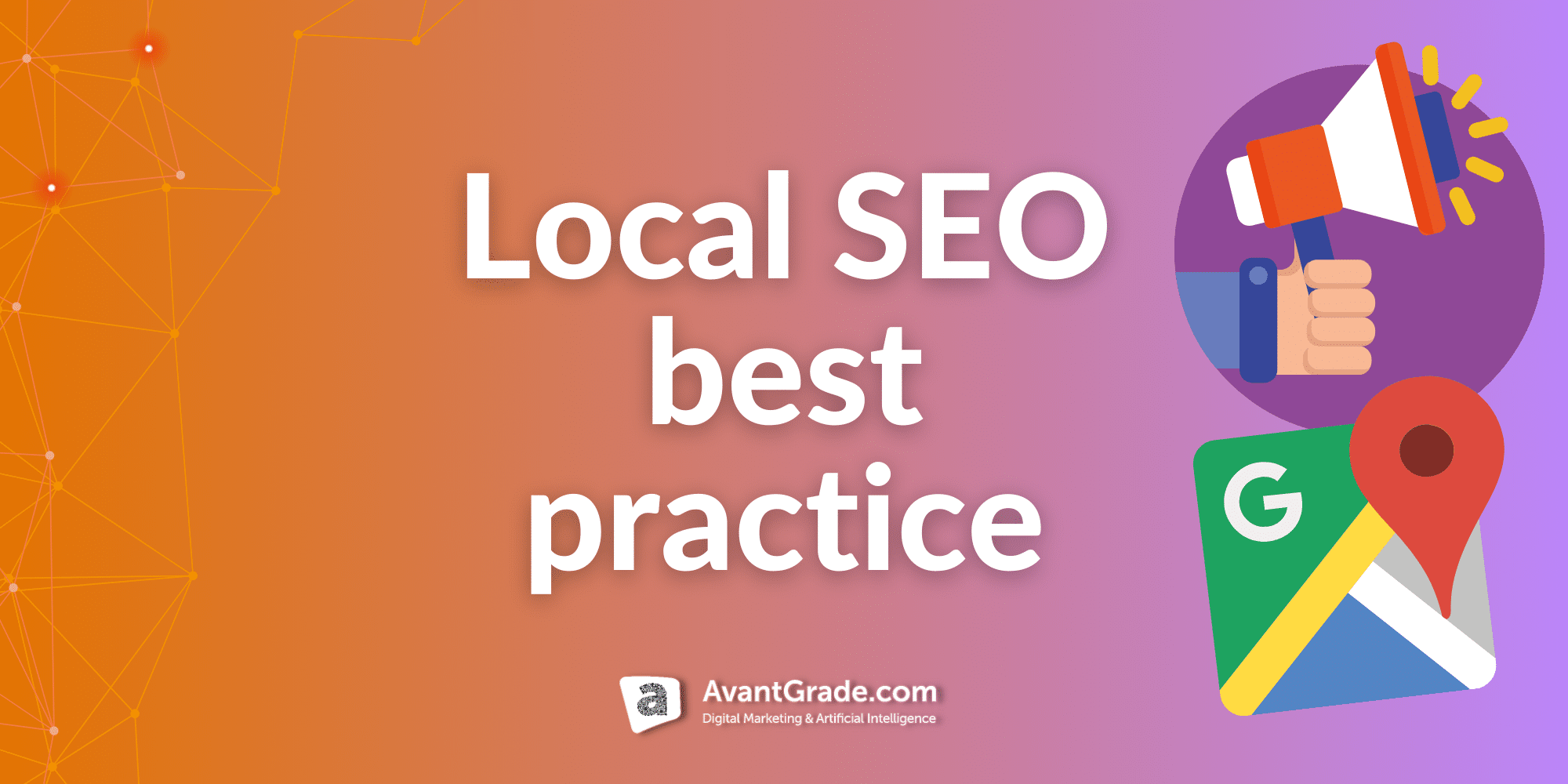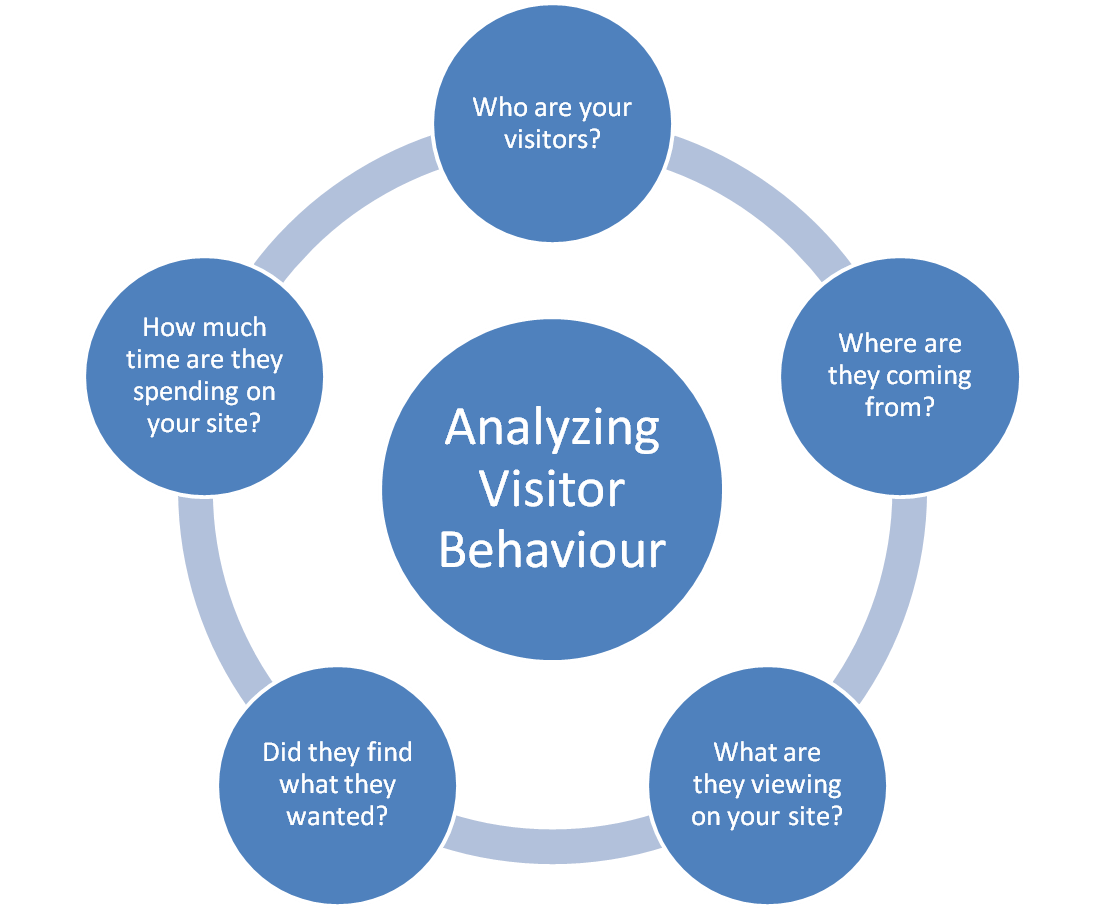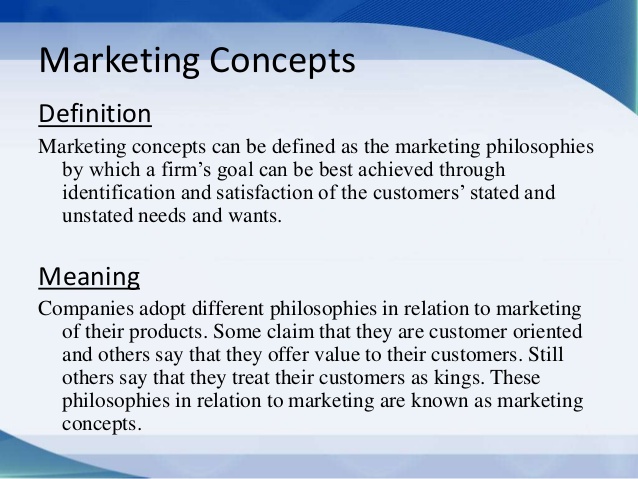SEO Keyword Strategies
App Store Vs Play Store Keyword Optimization: Critical Differences

App Store and Play Store are two of the most popular platforms for app developers to distribute their products. However, when it comes to app store optimization (ASO), there are critical differences between the two that need to be considered.
One key aspect of ASO is keyword optimization, which involves incorporating relevant keywords into the app’s metadata to improve its visibility and ranking. This article explores the five basic differences between App Store and Play Store when it comes to keyword optimization.
By understanding these differences, marketers can customize their keyword strategies to suit each app store and improve their app’s visibility and ranking. Additionally, this article provides recommendations and insights for app developers to optimize their apps for each platform, taking advantage of the unique challenges and opportunities presented by each.
Overall, this article provides a comprehensive guide to help app developers navigate the complex world of ASO and improve their app’s chances of success.

Key Takeaways
- Keyword strategies should be customized for App Store and Play Store based on their unique ranking factors, search algorithms, and keyword capacity.
- App Store’s search algorithm is more sensitive to keyword optimization than Play Store’s, and backlinks only work for Google Play.
- Keyword occurrences stress repetition and only affect Play Store, while Apple allows apps to rank higher for long-tails when metadata carries exact matches.
- Keyword volume and ranking data are not always transparent in ASO, and marketers should pay attention to differences in keyword optimization between the two stores.
ASO Differences Overview
The critical differences in app store optimization (ASO) between the App Store and Play Store highlight the need for customized keyword strategies. Keyword research techniques and ASO best practices should be tailored to suit the unique challenges and opportunities of each store. These differences include search algorithms, ranking factors, keyword capacity, and localization.
It is important to note that keyword optimization affects 65% of installs, making it a critical component of ASO. To create a successful ASO strategy for both the App Store and Play Store, marketers must be analytical, strategic, and detail-oriented. They must take into account the differences between the two stores and adjust their keyword research techniques accordingly.
It is also essential to engage the audience with an informative and engaging writing style that appeals to their subconscious desire for freedom. By understanding the critical differences in ASO between the App Store and Play Store, marketers can create customized keyword strategies that drive installs and improve app visibility.
Search Algorithm and Ranking Factors
Search algorithms and ranking factors are crucial for keyword optimization strategies in app stores. The App Store and Play Store have different search algorithms, which means that optimization techniques must be customized to suit each store.

The App Store’s search algorithm is more sensitive to keyword optimization than the Play Store’s algorithm. This means that keyword selection and placement in metadata are more critical for the App Store. On the other hand, backlinks only work for Google Play, not for the App Store. Moreover, keyword occurrences stress repetition and only affect the Play Store.
Apple allows apps to rank higher for long-tails when metadata carries exact matches, while cross-indexed metadata in certain foreign storefronts is a unique ranking signal in the App Store.
Ranking factors also differ between the two app stores. The App Store metadata offers up to 160 characters per language, while the Play Store gives 4,130 characters for keywords. This means that decision-making on keyword selections should be resource-conscious for the App Store and conversion-conscious for the Play Store.
Keyword volume and ranking data aren’t always transparent in ASO, and keyword search volume metrics are inconsistent between stores. Therefore, marketers should pay attention to the differences in keyword optimization between the App and Play stores to optimize their impact on app installs and rankings.

Keyword Capacity and Measurement
When it comes to optimizing keywords for app stores, it is important to consider the capacity and measurement of keywords, which can vary between different platforms. Here are three critical differences in keyword capacity and measurement between the App Store and Play Store:
-
App Store metadata offers up to 160 characters per language, while Play Store gives 4,130 characters for keywords. This means that marketers need to be concise and resource-conscious when crafting their keywords for the App Store, while they have more freedom to experiment with longer and more descriptive keywords on the Play Store.
-
Keyword occurrences stress repetition and only affect Play Store. This means that while keyword density is important on the Play Store, it is not a significant factor on the App Store.
-
Instead, Apple’s search algorithm is more sensitive to exact matches in the metadata, which means that marketers need to be careful to include relevant long-tail keywords that match the user’s intent.

Overall, understanding the capacity and measurement of keywords on different app stores is a critical aspect of keyword optimization. By adapting their keyword strategies to the unique challenges and opportunities of each platform, marketers can improve their chances of ranking higher in search results and driving more conversions.
Unique Challenges and Opportunities
Adapting keyword strategies to the unique challenges and opportunities of different app stores is essential in achieving higher search rankings and improving conversions. It is important to keep in mind that the App Store and Play Store have different audiences, search algorithms, ranking factors, and keyword capacities. Therefore, localization strategies and long tail keyword optimization should be considered to maximize the potential of each store.
In the App Store, metadata offers up to 160 characters per language, while the Play Store gives 4,130 characters for keywords. This means that the App Store requires a more concise and resource-conscious approach to keyword optimization, while the Play Store allows for more detailed and conversion-conscious strategies.
Moreover, cross-indexed metadata in certain foreign storefronts is a unique ranking signal in the App Store, which is not available in the Play Store. Thus, marketers should pay attention to these differences and adapt their keyword strategies accordingly to optimize their app’s visibility and conversion rates in each store.

Recommendations and Insights
To effectively optimize app visibility and conversion rates, it is recommended to consider customizing keyword strategies based on the unique challenges and opportunities of each app store.
One important aspect of keyword selection is to be resource-conscious for the App Store and conversion-conscious for the Play Store. This means that for the App Store, marketers should focus on selecting keywords with high relevance and low competition, while for the Play Store, they should prioritize keywords that have a high likelihood of driving conversions.
Another insight to keep in mind is that keyword volume and ranking data are not always transparent in ASO. While Apple Search Ads’ ‘Popularity’ score can be used to track the volume of users behind each keyword for the App Store, data solutions for the Play Store rely on estimates based on Google Web search data and other factors.
It is therefore important to use a combination of data sources and to continually test and refine keyword strategies to ensure optimal performance in both app stores.

Overall, by understanding the critical differences between the two stores and adapting keyword strategies accordingly, marketers can maximize app visibility, drive conversions, and ultimately achieve greater success in the highly competitive mobile app market.
Frequently Asked Questions
How do backlinks affect keyword optimization in the App Store and Play Store?
Backlink impact on keyword optimization varies between App Store and Play Store. Competitor analysis can reveal whether backlinks are driving installs for Google Play. However, backlinks do not affect App Store rankings, making on-page optimization crucial.
What are the differences in keyword search volume metrics between the two stores?
Top performing keywords in App Store have an average search volume of 10,000, while in Play Store, it is 5,000. Factors affecting keyword search volume include search algorithms, ranking factors, and localization. Understanding these differences is crucial for effective keyword optimization.
How do marketers track the volume of users behind each keyword in the App Store?
Marketers track the volume of users behind each keyword in the app store through keyword research methods and competitive analysis techniques. Apple Search Ads’ ‘Popularity’ score is commonly used to estimate volume for App Store, while data solutions for Play Store estimate volume based on Google Web search data and other factors.

What are the two types of keywords in app stores?
The two types of keywords in app stores are on-page and off-page. Long tail keywords are used for on-page optimization, while keyword stuffing is avoided. Keyword relevance and competition are important factors for both types of optimization.
How do Android and iOS apps differ in their keyword optimization strategies?
iOS and Android apps differ in their keyword optimization strategies due to variations in app store algorithm updates and keyword trends. It requires an analytical and strategic approach, with attention to detail, to assemble relevant keywords for both platforms. An engaging style is crucial to attract an audience with a subconscious desire for freedom.

Hello there! I’m Louis Hill, the go-to guy for all things SEO and Keyword Research at Keyword Luv. My journey began at Ohio State, where I honed my skills in computer programming. But it’s the dynamic world of SEO and Online Marketing that truly captivates me. I’ve probably spent more hours ranking websites than most self-confessed computer nerds!
When I’m not immersed in the digital realm, you’ll find me pedaling through the countryside, embracing the freedom of cycling. Or perhaps, scribbling some not-so-great poetry, which I find oddly therapeutic. Travel is another passion, exploring new places and creating memories. And let’s not forget Duchess, my Golden Retriever. She might not be the typical retriever, but she’s perfect in her unique way!
Feel free to connect with me on Instagram or Facebook. Whether you’re curious about the latest trends in SEO, want to swap travel stories, or share a laugh over some bad poetry, I’m all ears. Let’s navigate this fascinating digital landscape together!






